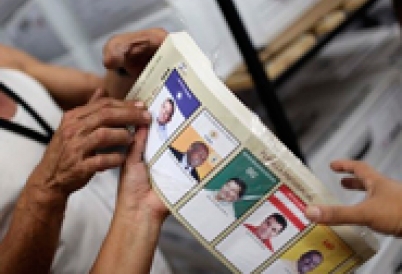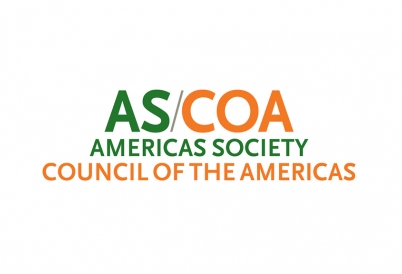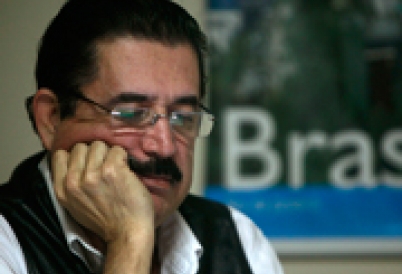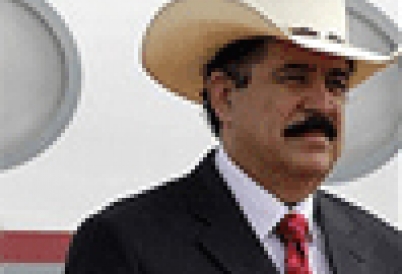Hondurans headed to the polls November 29 to elect Porfirio "Pepe" Lobo as the next president. But, with hemispheric leaders divided over whether to recognize the outcome and questions remaining about the restitution of a deposed president, the country's political fate remains unclear.
"Fingers are crossed throughout the Americas for a speedy conclusion to the Honduran crisis. But Sunday's elections may not present the exit we all hope for," write AS/COA's Christopher Sabatini and AQ blogger Daniel Altschuler in The Huffington Post.
Less than two weeks before the Honduran elections, an AS/COA panel explored the aftermath of the June 28 overthrow of Manuel Zelaya, the role of Washington and the international community in the crisis, and the potential for transparency on election day.
Honduras found itself caught in an political stalemate after the June 28 overthrow of Manuel Zelaya. Explore a timeline of key dates in the months-long crisis.
Deposed leader Manuel Zelaya declared a U.S.-brokered accord “dead” after the de facto government announced a cabinet and declared the provisions of the deal accomplished. The latest events place Washington at the center of the long-running crisis.
"Allowing a government that came to power through unconstitutional means to ride out an interim period to the next election and then transfer power would set a perilous precedent," write AS/COA's Christopher Sabatini and AQ blogger Daniel Altschuler. "The [power sharing] deal struck last week offers a responsible, democratic exit from the four-month political crisis in Honduras."
Three months after the coup the Hondruan crisis appears to be peacefully resolved, but the pro-Zelaya Resistencia was not a factor in the compromise.










